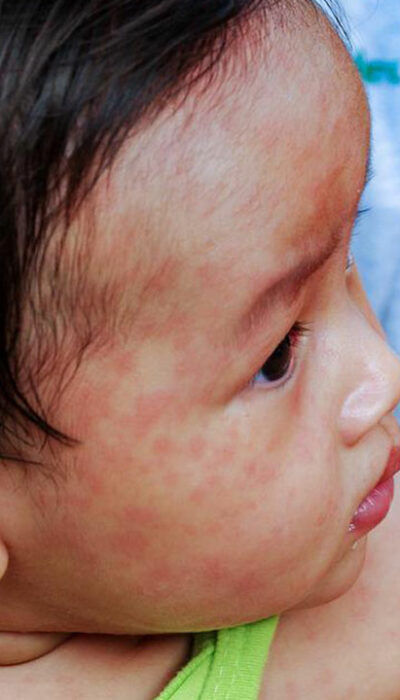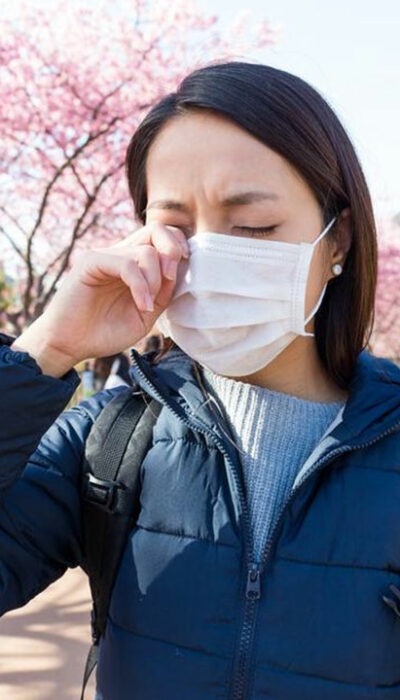
All You Need to Know about Allergy Cough Symptoms and Treatments
A reflex caused by stimulation of lining of throat, nose, voice box, lungs, and other respiratory parts, cough is a normal defense mechanism of the body to try and eliminate the effect caused by the allergen. Coughs can be annoying and disruptive and can have underlying causes. One of them could be allergies. If you have been coughing for a week, the causes might be more than cold and flu. If it has become chronic, it is advisable that you visit a doctor. When suffering from allergy cough symptoms, the underlying cough symptoms are same as other cough-related infectious illness. Irrespective of the symptoms, which could be due to allergy or due to some other medical condition, cough begins when the nerve endings in the airways detect some disturbance. The disturbance then relays those signals to the brain to make it aware that something is wrong with the respiratory system. Once the brain detects and processes the signal, it sends a chemical signal back to the throat and initiates a cough. Read on to know more about the allergy cough symptoms. When suffering from allergy cough symptoms, you will experience some difference in the timing of the symptoms when compared to that of a cough due to cold and flu. Allergy cough symptoms are a response due to change in weather or season in which the specific allergen is prominent. You might also experience coughing due to change in setting. For instance, a person might fell alright in office but might start coughing due to allergens caused due to animal dander or smoke in a different setting. If a cough is caused due to cold or flu, the coughing symptoms might be prominent for 2 to 3 days and subside eventually. Allergy cough symptoms might affect a person for weeks or even for a month at a time.










